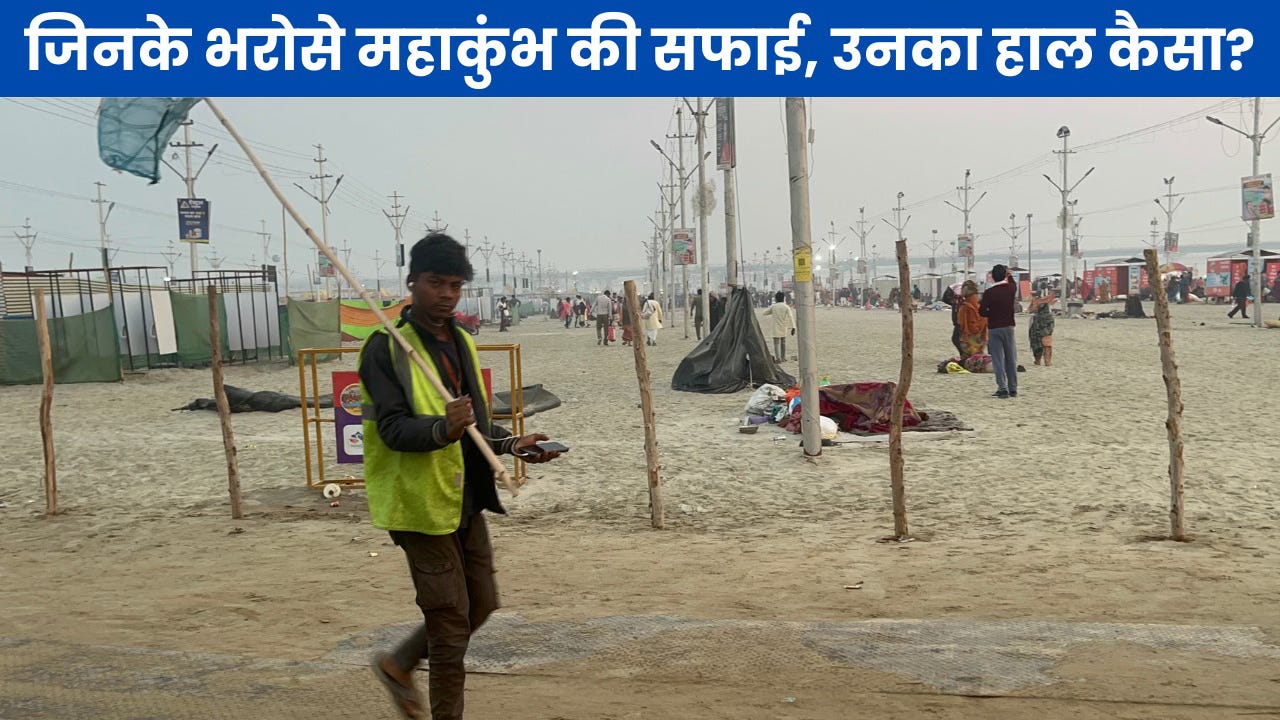In Search Of Greener Pastures
Also this week, the pendency in fast-track special courts, and video reports from the Mahakumbh
Immigration has been in the news for some time now—including for President Donald Trump’s crackdown on illegal immigrants, and his new proposal for a ‘Gold Card’ that offers a path to citizenship for $5 million.
Here in India, migration—both within the country and to international destinations—has long been dominated by men seeking work. The women would typically follow on spouse visas. But now, new trends are emerging in immigration among Punjab’s women.
For starters, the women here are looking at smaller countries such as in the GCC region, to take up domestic work and nursing jobs, both for economic prosperity and as a stepping stone to move to bigger countries in the West.
Second, women who score well on the IELTS—a prerequisite for most college admissions in Europe and Canada—are being ‘contracted’ by families of young men unable to move abroad on their own. These women enter contract marriages, where their expenses are borne by the men’s families, in turn offering the men a ticket out of the country.
Third, this shift to smaller countries for work is revealing an intricate web of injustices including fraud, exploitation and low wages, Anuj Behal reports.
Indian courts have a chronic pendency problem. Vacancies at various levels, prolonged trials and shoddy investigations are often cited as reasons. Successive governments have taken various steps to address this, with limited success.
Back in 2019, the Union government launched a scheme to run ‘Fast Track Special Courts’ to try expeditiously cases of sexual offences, including under the Protection of Children from Sexual Offences (POCSO) Act. Now, these fast-track courts are also seeing pendencies.
A lack of infrastructure and judges means that these courts especially set up for quick justice are also burdened, leading to delayed justice for stakeholders, and relived trauma, especially for the victims of crimes such as sexual violence, we found.
For instance, one 2022 study showed that these courts took about 17 months, on average, to dispose of a POCSO case. Section 35 of the POCSO Act stipulates disposal within one year as far as possible. Kumarsinh Dabhi explains what must be done for speedy trials.
Ahead of the Mahakumbh, estimates suggested that about 1.2 million people will benefit from gig and temporary employment around the event. We spoke with some of these people: For instance, Raman sold candy, Bajrang Babu Tripathi applied chandan-tika to pilgrims. Their earnings tripled during this period. But now that the event has concluded, they face grim prospects, Saurabh Sharma and Mithilesh Dhar Dubey report.
Also from the Mahakumbh, the 45-day congregation of pilgrims conducted in 4,000 hectares—about twice the area of the Delhi airport—engaged 15,000 workers for cleaning and sanitation. What was a typical day like for these workers? Watch our video report.






